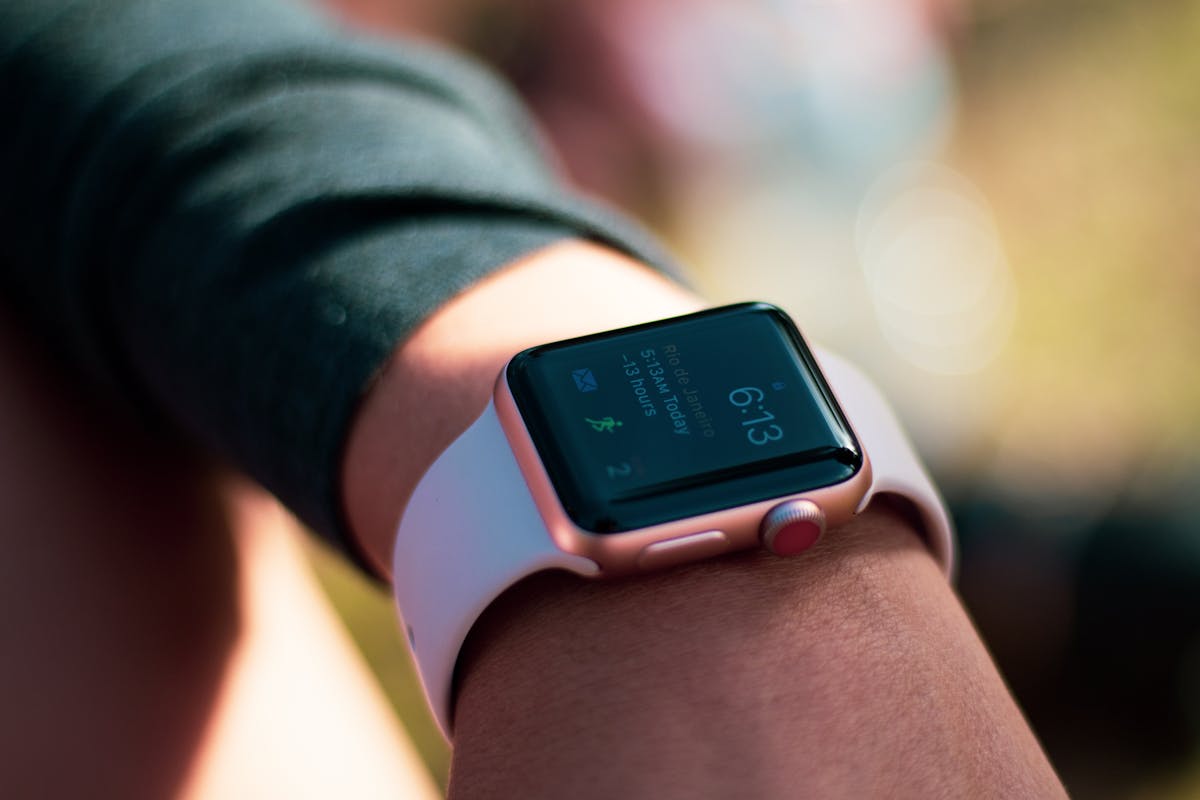Smartwatches vs. Fitness Trackers: Choosing the Right Wearable for Your Needs

Smartwatches and fitness trackers have become increasingly popular in recent years, offering a range of features to help you stay connected and track your fitness goals. But what sets them apart? In this article, we'll explore the key differences between smartwatches and fitness trackers, helping you make an informed decision when choosing the right wearable for your needs. From features and functionality to design and battery life, we'll cover it all.
Smartwatches: The Ultimate All-in-One Device
Smartwatches are essentially mini-computers that you wear on your wrist. They offer a wide range of features beyond fitness tracking, including:
-
Notifications and Connectivity: Smartwatches allow you to receive and respond to notifications from your smartphone, such as calls, messages, emails, and social media alerts. They often have built-in Wi-Fi or cellular connectivity, enabling you to stay connected even without your phone nearby.
-
Apps and Customization: Smartwatches have their own app ecosystems, allowing you to download and use various apps directly on your wrist. You can customize watch faces, add widgets, and personalize the device to suit your preferences.
-
Music and Media Control: Many smartwatches have built-in music players or can control music playback on your smartphone. You can skip tracks, adjust volume, and even stream music directly to Bluetooth headphones.
-
Voice Assistants: Some smartwatches feature voice assistants like Siri, Google Assistant, or Alexa, allowing you to perform tasks and get information using voice commands.
-
Phone Calls and Messaging: Certain smartwatches have built-in speakers and microphones, enabling you to make and receive phone calls directly from your wrist. You can also send and receive text messages and voice messages.
Fitness Trackers: Focused on Health and Activity Tracking
Fitness trackers, on the other hand, are primarily designed to monitor and track your physical activity and health metrics. Key features of fitness trackers include:
-
Step Counting and Activity Tracking: Fitness trackers excel at counting steps, tracking distance traveled, and monitoring your overall activity levels. They provide insights into your daily steps, calories burned, and active minutes.
-
Heart Rate Monitoring: Most fitness trackers include a heart rate monitor, allowing you to track your heart rate during workouts and throughout the day. This feature is particularly useful for monitoring your cardiovascular health and optimizing your workouts.
-
Sleep Tracking: Fitness trackers often offer sleep tracking capabilities, providing insights into your sleep duration, quality, and patterns. This information can help you improve your sleep habits and overall well-being.
-
Sports Modes and GPS: Many fitness trackers come with specific sports modes, such as running, cycling, swimming, and more. They can track your performance metrics, including pace, distance, and even provide GPS mapping for outdoor activities.
-
Battery Life: Fitness trackers typically have longer battery life compared to smartwatches. Depending on the model, they can last anywhere from a few days to several weeks on a single charge.
Choosing the Right Wearable for You
When deciding between a smartwatch and a fitness tracker, consider your specific needs and preferences. If you prioritize advanced connectivity, app support, and a wide range of features beyond fitness tracking, a smartwatch may be the right choice for you. On the other hand, if you're primarily focused on monitoring your health and fitness metrics, and prefer a longer battery life, a fitness tracker might be the better option.
Ultimately, both smartwatches and fitness trackers offer valuable tools to help you lead a healthier and more connected lifestyle. It's important to assess your priorities and choose the wearable that aligns with your goals and preferences.
At Blink & Shop, we hope this comparison between smartwatches and fitness trackers helps you make an informed decision. Each product mentioned above is an Amazon affiliate link, meaning we may earn a commission if you make a purchase through our links, at no additional cost to you. Your support helps us continue curating valuable content and providing a delightful shopping experience.
Remember, whether you choose a smartwatch or a fitness tracker, the most important thing is to stay active, prioritize your health, and enjoy the benefits of wearable technology. Happy tracking!
